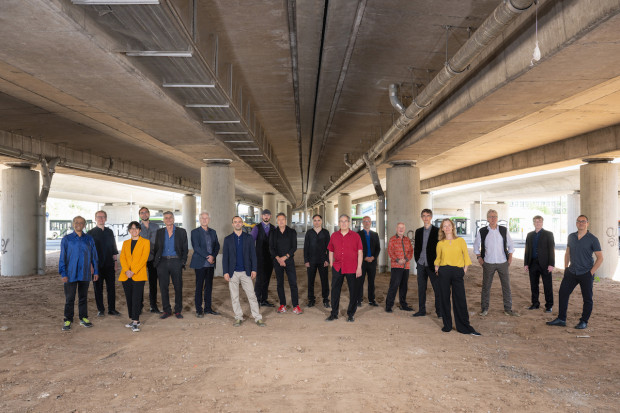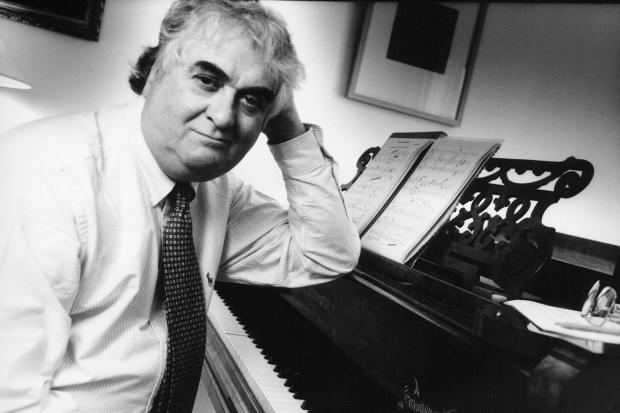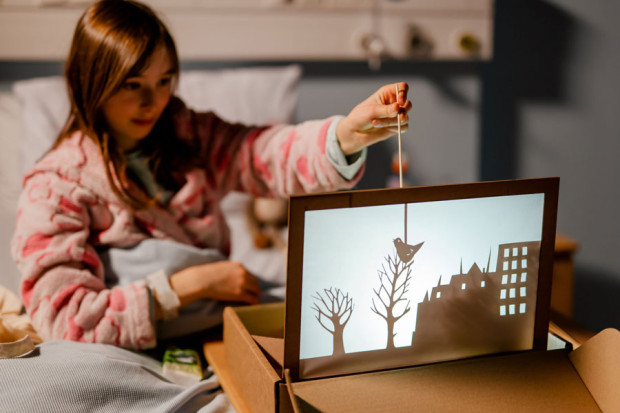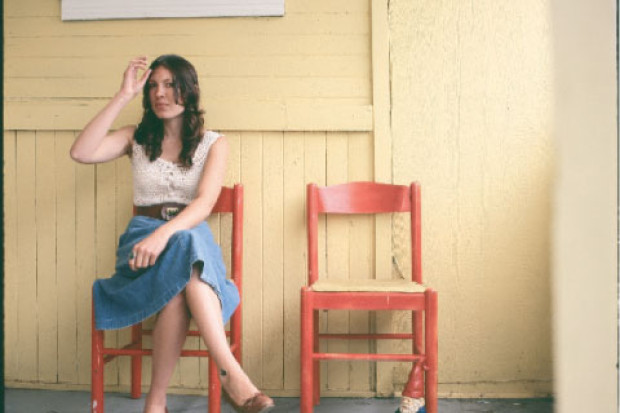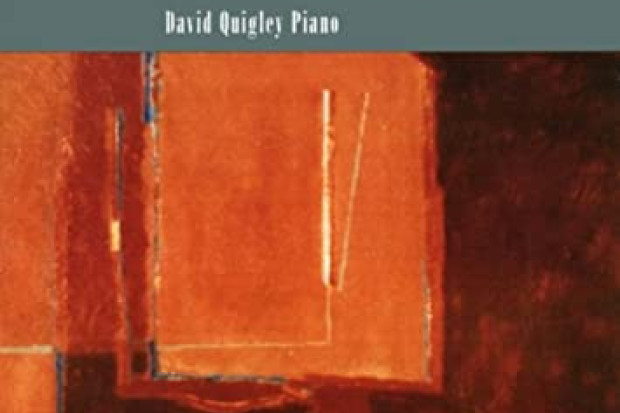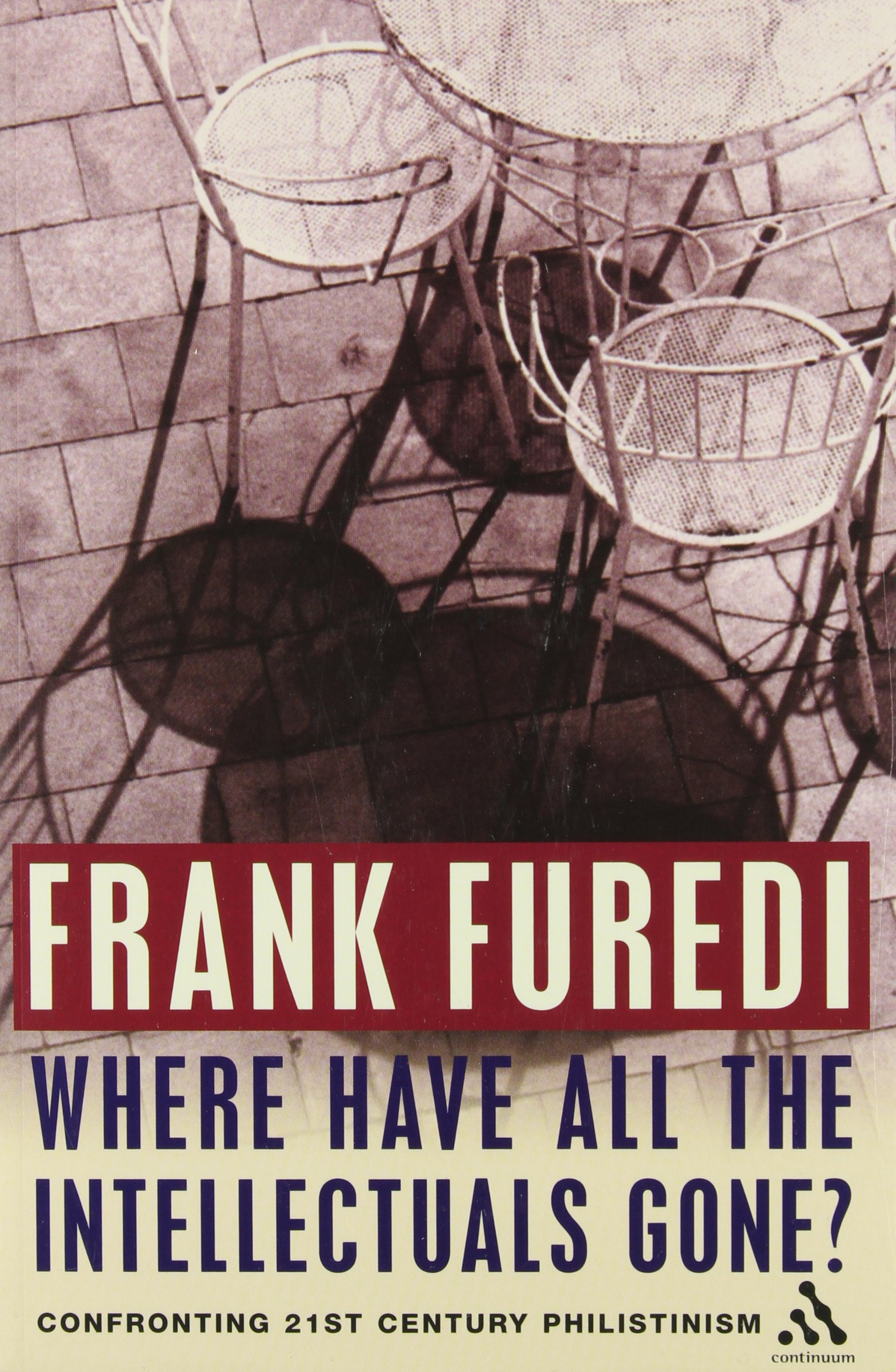
Philistinism ...an aerial view
We live close to ourselves, vaguely aware of bigger pictures, like people in large cities who wonder why they have respiratory problems, discovering their true situation only when someone takes to the air and photographs the haze of air pollution. So too with matters of culture.
Every musician I know feels frustrated that they can’t reach wider audiences and feels as though something is wrong that they can’t put their finger on. Sociologist Frank Furedi, author of Where Have all the Intellectuals Gone? – confronting 21st century philistinism, has the aerial view and it’s just as disturbing as atmospheric pollution. This article lays out Furedi’s arguments and places some of the issues raised in the context of Irish radio.
Consider this, on the subject of snobbery: if a snob is traditionally defined as ‘one whose ideals and conduct are prompted by vulgar admiration for wealth and social position’, then ‘inverted snobbery’ is motivated by an uncritical embrace of the ordinary and the popular. The main targets of inverted snobs, says Furedi, are the ‘elites’, and their elitism is regarded as an unpardonable sin. According to Furedi this anti-elitist stance has had a profound impact on intellectual life. Nowadays there is great pressure upon academics, educators and cultural producers to buy into the populist dogma that has been constructed by anti-elitist thinking.
Sophisticated language, complex ideas, challenging education, and demanding art forms are today stigmatized as elitist and therefore deemed to be a bad thing. The very claim to standards of excellence can be represented as elitist since, by implication, it disrespects those whose achievements fail to match it.
This embracing of the people and celebration of the ordinary paradoxically co-exists with a lack of belief in the capacity of the people to handle sophisticated and complex ideas. The philistine agenda, according to Furedi, patronises the public and treats them like children that need to be protected from more disturbing cultural and intellectual challenges. The aim of his book ‘is to question… [the] patronizing underpinning of contemporary education and cultural politics. Such politics not only restrain intellectual and cultural creativity – they also infantalize the public and lower its expectations.’
This, I think, is promising material for anyone involved in the arts who may have been wondering why it is becoming so difficult to find outlets for new work.
Furedi’s book focuses on Britain, where, he claims, there is a systematic attempt to reorient cultural institutions from dealing with serious subjects to mounting exhibitions that they believe the public can handle. There is now a barely contested consensus within the cultural and educational establishment that access and social inclusion should be at the heart of the missions of cultural institutions.
This approach is vigorously pursued by the UK Department for Culture, Media and Sport (DCMS), and all the projects it funds have to publish access targets. Not surprisingly, institutions are attempting to meet access targets by any means that work to get more people to walk through the doors – ’An ace caff with quite a nice museum attached’ was the slogan of Saatchi and Saatchi’s ad campaign for the Victoria and Albert Museum.
‘It is now never clear,’ says Furedi, ‘whether museums are masquerading as drop-in centres, or community centres pretending to be museums.’
Furthermore, Furedi cites a document published by the DCMS that demands that the curators of museums and galleries take on board the objectives of ‘combating social exclusion’ and try to ‘increase individuals’ self-worth, value and motivation’. It seems that the goal is to transform Britain’s cultural institutions into centres for therapeutic engagement with ‘excluded’ people.
But who are the real excluded people here? The artists past and present with something challenging to express, or the public who never normally go near museums?
The Department for Culture, Media and Sport also believes that people may be put off going to the library because it looks too much like… a library.
Better Public Libraries, a report published in August 2003 by the Commission for Architecture and the Built Environment, blames ‘traditional notions of the book-lending centres’ for a 17 per cent fall in library visits. It demands that libraries should become a ‘living-room of the city’:
New libraries should increasingly be long-stay places for students, a safe haven for children, even a home from home. They should include cafés, lounge areas with sofas, and chill-out zones where young people can watch MTV, read magazines and listen to CDs on listening posts.
‘In other words, libraries can be involved in the provision of just about any service as long as it is not the tedious business of lending people books,’ says Furedi, ‘since getting as many people as possible to walk through the doors of the library is the principle objective.’
According to Furedi ‘inclusion’ is a policy peddled by bureaucrats for reasons that have little to do with culture or education – a policy driven by officials who think they know best what the public needs, while pretending to be responding to public opinion.
There is a new breed of university managers, museum and gallery directors and ‘knowledge’ entrepreneurs who regard the content of culture and ideas with indifference. Their concern is to use culture to achieve an objective that is quite separate from its inner content… Because all of this really matters, a culture war against the philistines is long overdue.
New music and RTÉ lyric fm
In Ireland I have heard the words ‘inclusion’ and ‘access’ used by various Ministers for the Arts and Arts Council representatives over the years. We need to be very wary of these words and the possible negative influences there could be on the careers of living Irish artists in all disciplines as a result of policies derived from these words.
A good example in this country of the issues raised by Frank Furedi is RTÉ lyric fm, the classical music radio station. In recent years I have attended meetings with the head of radio at RTÉ, and separately, the head of RTÉ lyric fm, under the aegis of the Aosdána composers’ group, to try to convince them to increase their broadcasting output of Irish-composed music to 5 per cent (that works out at approximately 3 minutes per hour). Not a lot to ask and reasonable you might think, especially as there is the matter of their receiving the licence fee money of the Irish people, which you would think would put the onus on them to fulfil their public service broadcasting remit, by reflecting the wide range of contemporary music activity on this island. But no, not that simple.
We were told that RTÉ lyric fm is under incredible pressure to keep its listenership up (it had just gone up to 3 per cent of total listenership at the time, from 2 per cent) and that playing works by living Irish composers (excepting those who compose in the Celtic/Riverdance style) would lose them that percentage. It is hiding away its composers instead of being proud of their achievements, which are many, in all age groups. Its particular brand of philistinism excludes the artists on its doorstep whilst waving everyone else in.
I heard Ravel’s Bolero on RTÉ lyric fm recently, after which the announcer said: ‘It goes on a bit doesn’t it?’ Lyric was desperate not to lose those listeners who thought it so, abasing itself to its imaginary short-attention-span audience.
Does RTÉ lyric fm see its role as fulfilling a therapeutic function like the museums in Britain? Its ads have shown people fishing, relaxing after a hard day, or on the way home having their road rage calmed by listening to the radio: music for the chill-out zone of the library and in the caff at the museum.
What is it about new music that is thought of as so alien to audiences? Other art forms can be challenging, mind-expanding and ground-breaking. Obviously music is too, but you’ll rarely hear it on Irish radio. A special role for music has been created – the equivalent of Valium, a de-stresser. Try to imagine this function being applied across the board to all novels, films and plays you will see this year, and you will have some idea how castrated classical music has become.
Recently RTÉ lyric fm invited proposals for the commissioning of new works ‘suitable for [its] daytime scheduling’. Without disrespecting any composer’s work that may result from this, I will eat my hat if any of these pieces are anything but easy listening.
It would be unfair of me not to mention a programme which partially fulfils the public service remit on RTÉ lyric fm. It is Sunday night’s Horizons, which is a half hour oasis devoted to contemporary classical music in all its acoustic and electro-acoustic manifestations, and is a breath of fresh air, so to speak, in the atmospheric haze.
I have always found the people who work on Horizons to be enthusiastic and professional. However, the format is of a magazine-type programme which plays only extracts of pieces, and those often underneath the voice of a composer being interviewed. There is still no dedicated programme for new music where the public can become accustomed to listening to complete untalked-over pieces.
BBC Radio 3, the British equivalent to RTÉ lyric fm, broadcasts its composers’ works at all times of the day and has a dedicated two-hour Saturday evening programme called Hear and Now, its main contemporary music programme featuring live concerts and studio sessions as well as premieres of BBC-commissioned works. I would recommend going online to hear this programme as well as Mixing It – the ‘bastion of experimental music radio’ – on BBC Radio 3’s website (www.bbc.co.uk/radio). Each programme is archived and can be listened to at any time.
Irish composers need their music played in full and often, and must not be brought into an argument along the lines of ‘…but we played an extract of your music last month’. My royalty statements and the statements of all my peers show clearly that our music is being honoured by radio stations abroad a hundred-fold in comparison to the RTÉ lyric fm royalty returns. Irish composers have their noses against the window pane when they should be right inside at the party.
I should point out that RTÉ lyric fm’s broadcasting of Irish traditional music, world music and jazz, though still limited, amounts to much more than the broadcasting of contemporary classical music, because of a perceived wider listenership I assume. ‘Sure nobody listens to it’, the oft-quoted attack, is now becoming true in a ghastly way because nobody is broadcasting it.
During the last months of the last century RTÉ lyric fm broadcast a daring, brave and highly innovative series called Countdown, aired between 10 and 11pm, six nights a week. It was a series in one hundred parts – the music composed in each year of the twentieth century was highlighted for one hour each night. Presented by critic Michael Dervan, it gave us a historical and musically fascinating account of all the musical innovations and developments that took place in that century, year by year. Programming like that, it seems to me, will never happen again. In this century, my colleagues and I are witnessing the gradual abandonment by RTÉ lyric fm of its public service duty to acquaint the Irish public with what’s going on in contemporary music practise.
I single out RTÉ lyric fm because here we have a cultural establishment, receiving finance from the public purse – which means most of the pressure to ‘make money’ is taken off its shoulders – that is behaving exactly like a commercial radio station – chasing the ratings.
This is a subtle new development of the last five years, as traditionally it has been the philistinism of commercialism which has been thought of as the enemy of artistic expression, or at least its main sparring partner. Now philistinism is in the process of growing another arm: cultural institutions.
This is a version of a talk given at the Open Forum of the Mostly Modern Contemporary Music Festival 2005, which took place on 2nd April in Dublin.
Published on 1 May 2005
Roger Doyle is a Dublin-based Irish composer working in electronic music.












